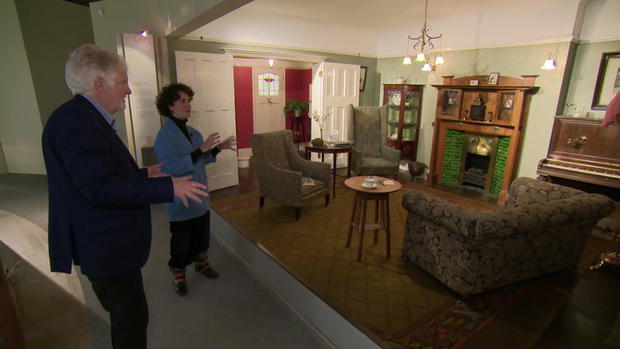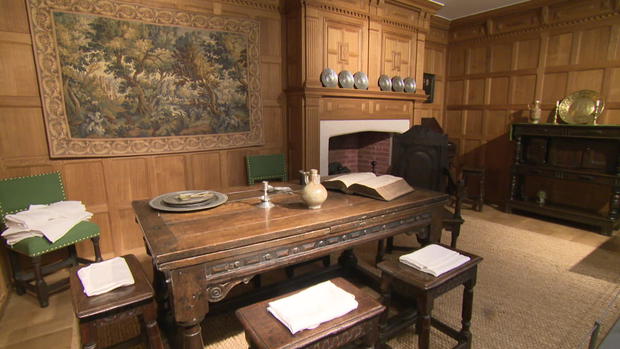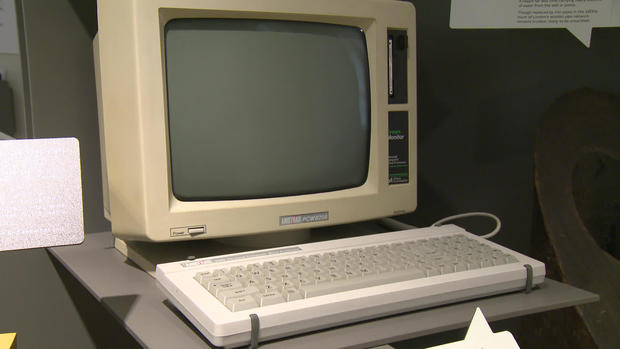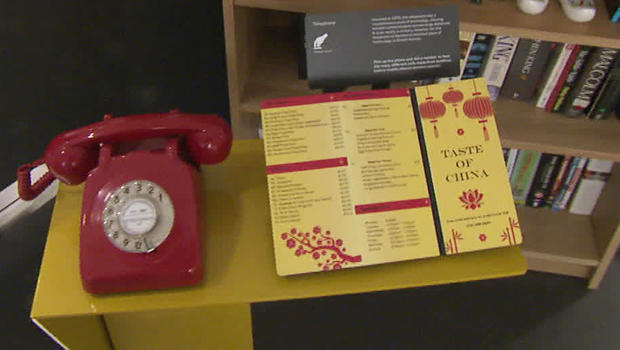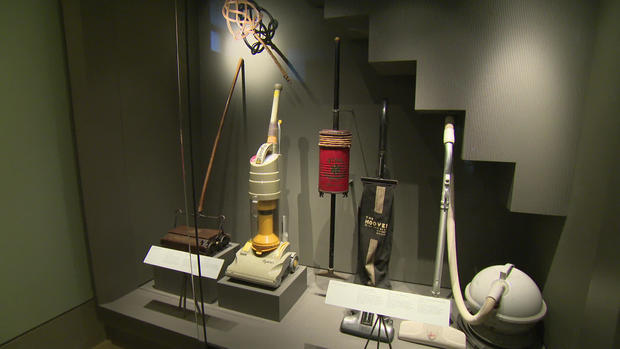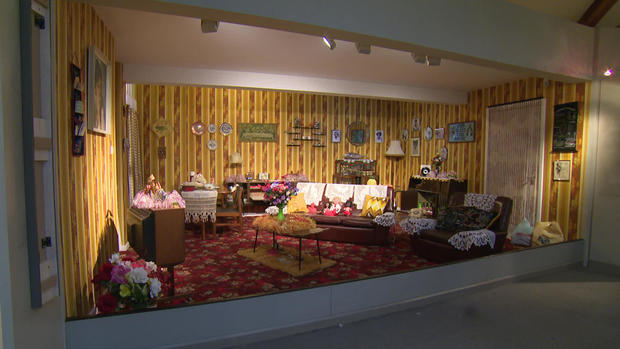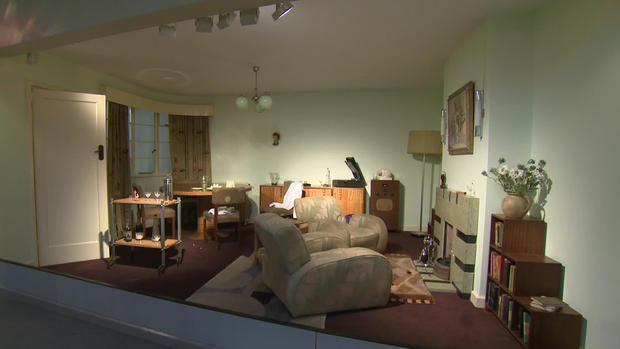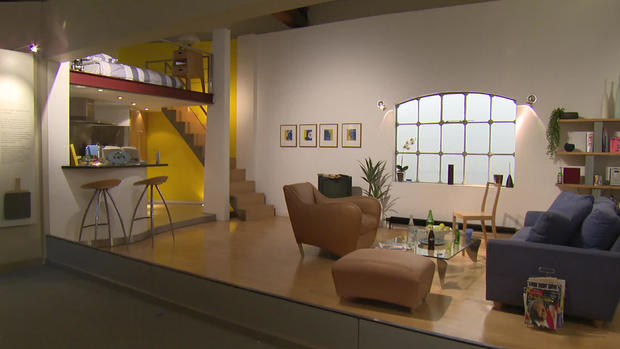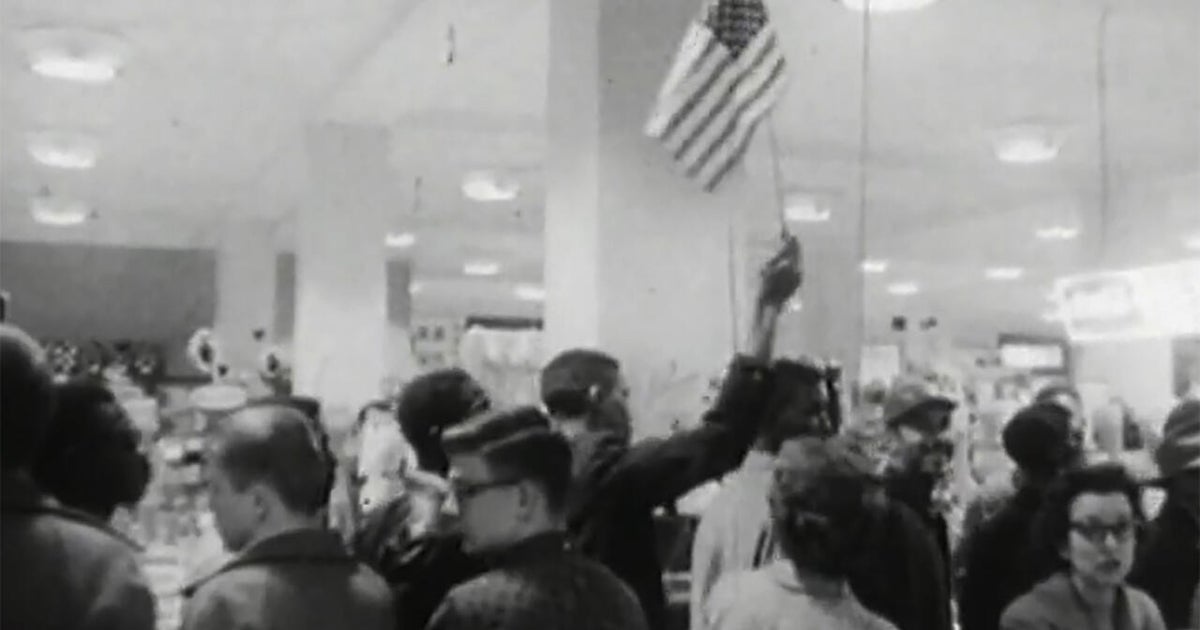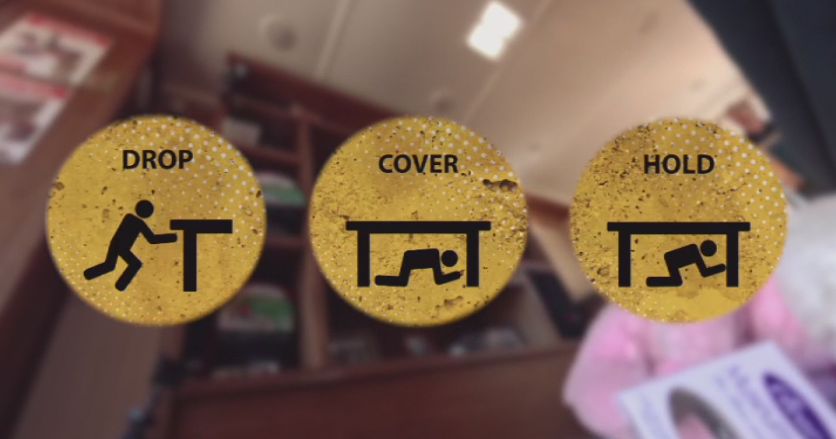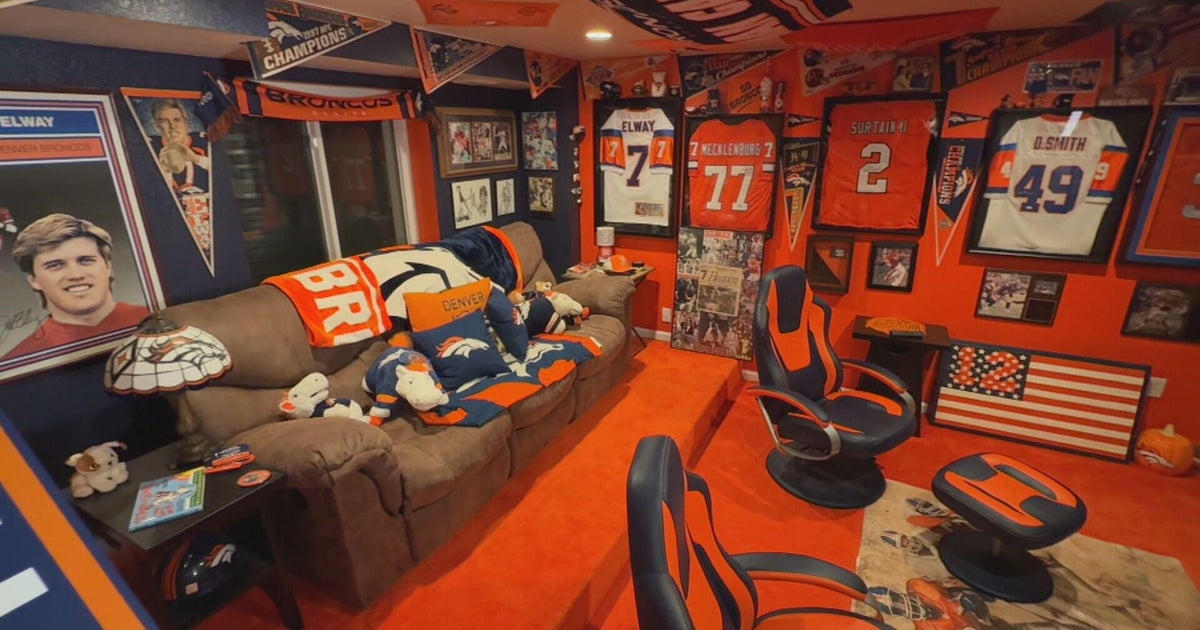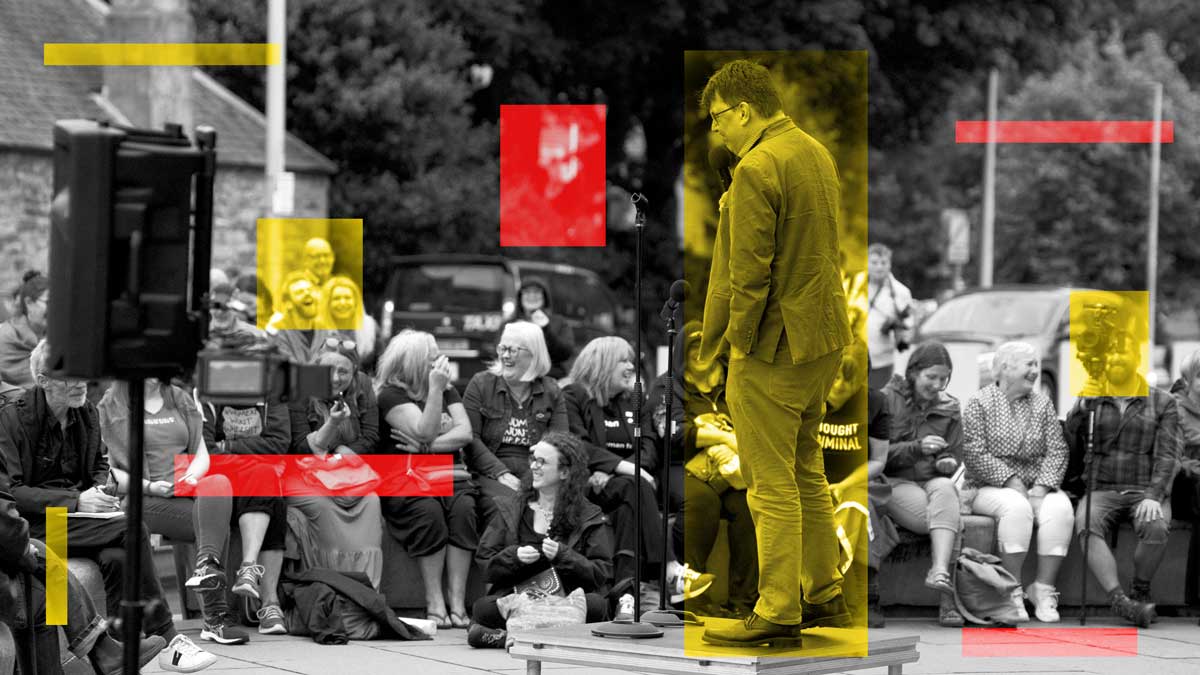Showcasing the evolution of the home
There's a 300-year-old row of townhouses in London where they know all about how "the home" has changed over the years. Today, this building is the Museum of the Home, where they're just getting ready to reopen after a three-year refurbishment … and just in time.
Correspondent Mark Phillips asked, "Could there have been a better time for a Museum of the Home to reopen?"
"It's a brilliant time for us to be talking about home," said Sonia Solicari, the museum's director, "because, you know, around the world people have been in lockdown, which means that people have been thinking more intensely about their domestic spaces than ever before."
This is a drawing room from a 1915 suburban family home.
Solicari oversees the exhibits that recreate the spaces we've lived in over time, going back to the 1600s.
And they continue through the technological and social changes that have brought us to today, from the arrival of the knife and fork, to electricity, to television, to the home computer.
Sometimes that journey has been more a circle than a straight line. Back to the future.
Phillips said, "We like to think, you know, that we've invented everything. And now, we think this whole idea of working from home, the home office, is a brand new thing. Is it?"
"No," Solicari replied. "If you look back at the home, certainly in the U.K., in the 1600s in an urban environment, you were very likely to be living above the shop, or conducting business from your hall space."
The home office today, of course, wouldn't be possible without the connectivity that started with the phone. "The telephone obviously started to come into the home from the 1870s," Solicari said.
And if you think our lockdown lifestyle was a new thing, look at what's next to it: a restaurant menu. "When takeaway started to come in in the 1970s, you know, people could call out for their food, something which we absolutely take for granted now," said Solicari.
And that shopping-from-home thing? That's not new, either. Remember the mail-order catalogue? "That started to really blossom in the 19th century," Solicari said. "Huge mail-order market started very much in the States, came over to the U.K. very quickly."
The museum traces how we lived, and how we cleaned, including the "pain and pleasure of housework."
"Well, it's partly about what you use, the machinery and the stuff, but it's also partly about who did it, I suppose, as well?" asked Phillips.
"Yeah, that's one of the stories that we tell," Solicari replied. "Definitely the gender division within housework, that's a debate which is still ongoing."
"Unresolved here!"
The rooms tell our history. The suburban living room:
The bachelor pad:
The loft apartment, part of the trend for converting industrial buildings. "It happened a lot in New York and it happened in London," said Solicari.
Phillips asked, "Does a place like this give you a sense of perspective, a sense of history? It's always changed."
Solicari said, "Yeah, I think it's always changed. There's always been challenges. And the home is evolving, not just through time, but week to week, day to day. I mean how you might think about your home in the morning might be different to how you think about it in the evening. So, 'home' is constantly evolving."
For more info:
- The Museum of the Home, London
Story produced by Jane Whitfield. Editor: Mark Ludlow.
